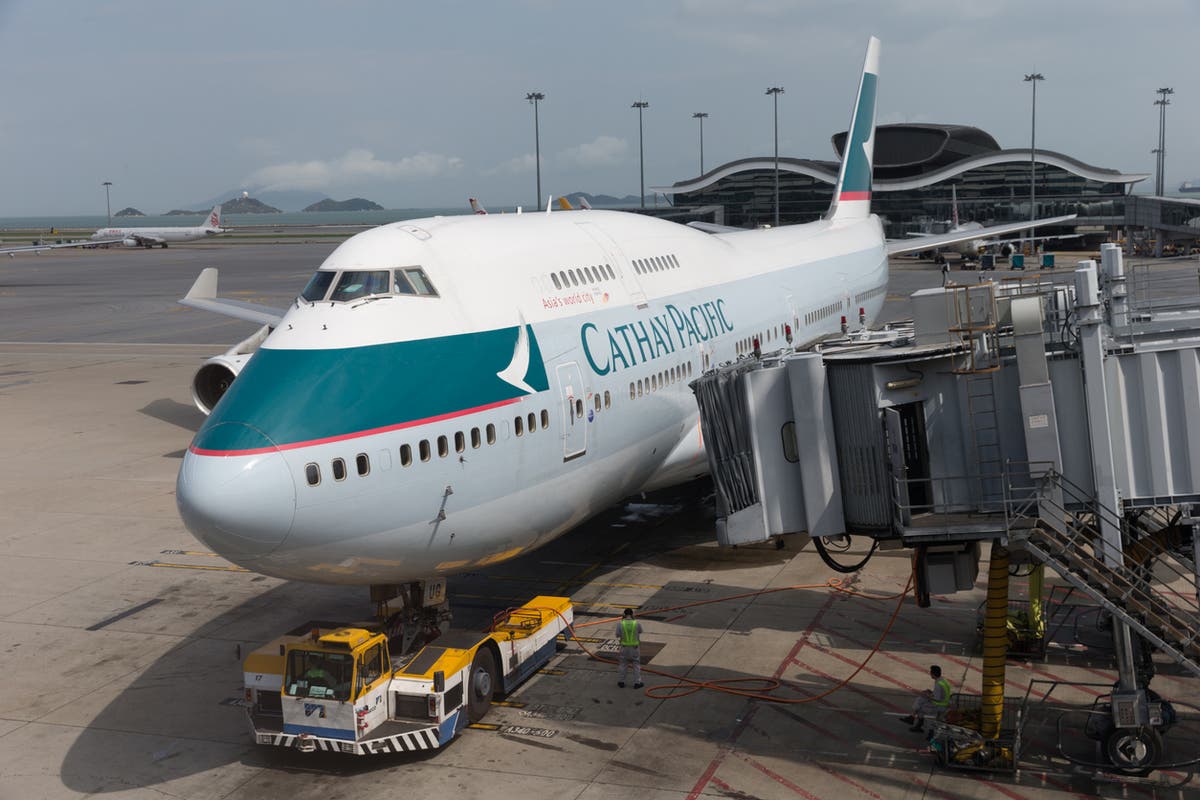More misery for rail passengers as train drivers call overtime ban
Aslef boss says ministers and train operators ‘do not want an end to the dispute’ – which the Rail Delivery Group rejects

Sign up to Simon Calder’s free travel email for expert advice and money-saving discounts
Get Simon Calder’s Travel email
A six-day overtime ban has been announced by the train drivers’ union, almost a year to the day after the first national rail strikes since the 1980s began.
Aslef – to which 96 per cent of train drivers in Great Britain belong – has told members at 16 train companies not to work on their days off from Monday 3 to Saturday 8 July.
With a backlog in training blamed on the Covid pandemic, many rail firms rely on drivers working overtime to operate a full schedule.
Mick Whelan, Aslef’s general secretary, claimed ministers and rail firms do not want a settlement. He said: “Once again, we find ourselves with no alternative but to take this action. We have continually come to the negotiating table in good faith, seeking to resolve this dispute.
“Sadly, it is clear from the actions of both the train operating companies and the government that they do not want an end to the dispute. Their goals appear to be to continue industrial strife and to do down our industry.
“We don’t want to inconvenience the public. We just want to see our members paid fairly during a cost of living crisis when inflation is running at above 10 per cent, and to not see our terms and conditions taken away.
“It’s time for the government and the companies to think again and look for a resolution.”
A Department for Transport spokesperson said: “The government has played its part to try and end this dispute by facilitating a fair and reasonable pay offer that would see train drivers’ already high salaries increase from an average of £60,000 to £65,000.
“Union leaders have repeatedly denied members a chance to vote on this generous offer that would give them a chance to end these damaging strikes. We once again urge them to do the right thing and put it to their members.”
A spokesperson for the Rail Delivery Group, said: “Aslef’s leadership continues to disrupt customers’ travel plans. They rejected a fair and affordable offer without putting it to their members.
“Train companies will work hard to minimise the impact of the overtime ban, but the impact of Aslef’s action will vary across the 16 train operators so customers are advised to check their travel plans before setting off.
“We ask Aslef to recognise the very real financial challenge the industry is facing and work with us to deliver a better railway with a strong long-term future.”
The train operators affected include all the leading long-distance firms:
In addition, the industrial action is designed to affect most commuter links to and from London:
Outside the capital, Northern Trains and West Midlands Trains will be affected. The overtime ban is in addition to action at two key long-distance firms over what the train drivers’ union says are breaches of established practice.
Aslef members working for Avanti West Coast will walk out on Sunday 2 July over what the union calls “changes to sick pay which the company is attempting to force through without agreement”. It is believed the train operator is now asking for doctors’ notes to certify absences.
On the East Coast main line, the leading operator LNER is the subject of an indefinite overtime ban, beginning on 1 July. Aslef accuses the rail firm of “failure to adhere to agreed procedures”.
Warrick Dent, safety and operations director at LNER, said: “We are disappointed by Aslef’s decision. We believe that matters are best resolved between LNER and Aslef through local discussions, which have been taking place and are continuing, rather than further industrial action which only damages the rail industry.“We remain focused on running reliable services for our customers.”
Aslef last week ended the longstanding ban on rest-day working at TransPennine Express. The government took over the much-criticised train operator in May.

 Tekef
Tekef 
































